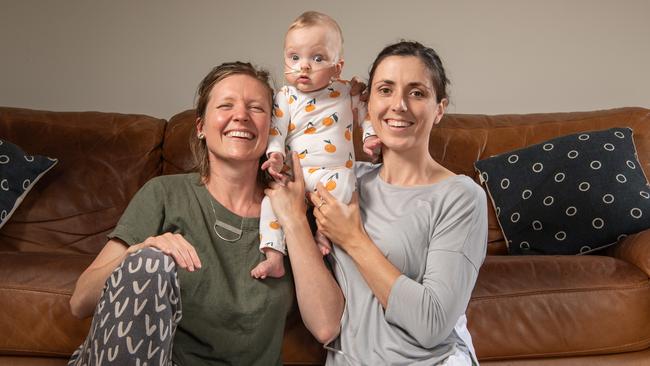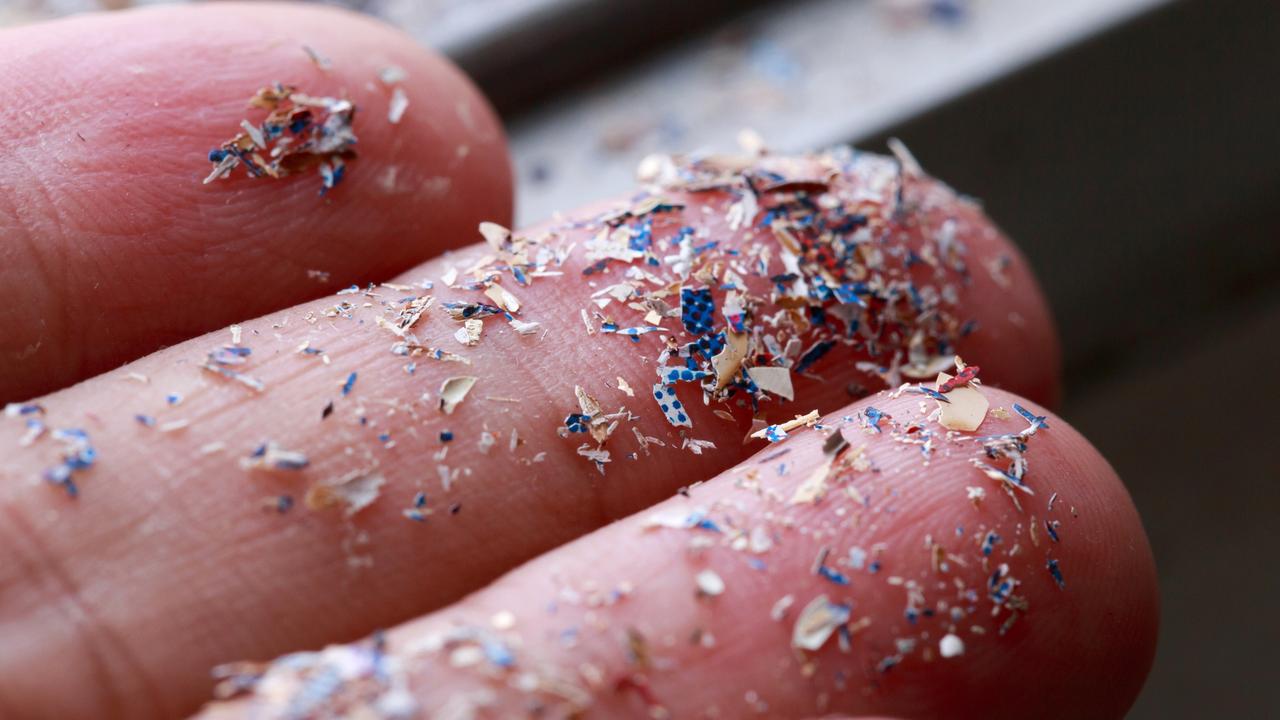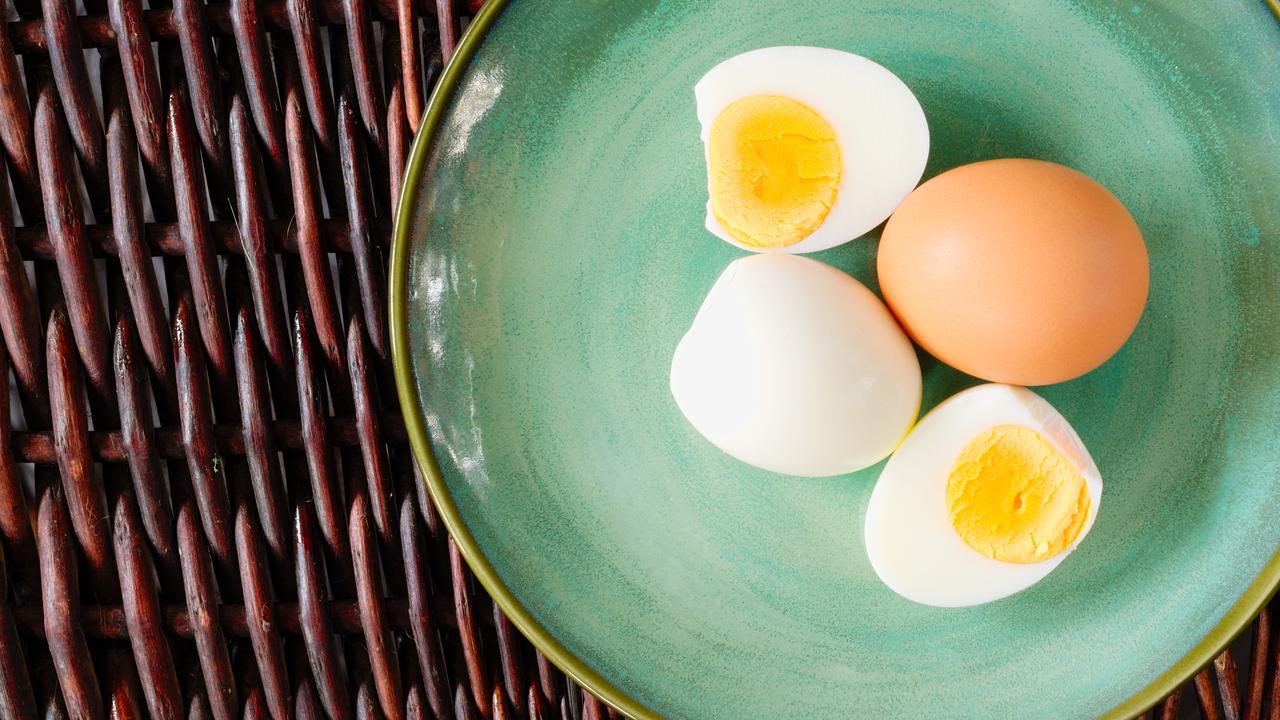Covid impact on separated bubs yet to come
Most babies separated at birth from mothers who caught Covid were denied the bonding of skin-to-skin contact and breastfeeding, a major Australian-led study reveals.

Most babies separated at birth from mothers who caught Covid were denied the bonding of skin-to-skin contact and breastfeeding, a major Australian-led study reveals, and are likely to suffer long-term impacts.
Early separation can have serious effects on a baby’s psychological wellbeing and increase the risk of chronic illness risks, Melbourne’s Murdoch Children’s Research Institute researchers say.
In the largest study of its kind, the institute looked at 692 babies born to mothers with Covid in 13 neonatal intensive care units across 10 countries, including the US, France, Italy and Brazil, and Australia (albeit later in the pandemic), finding 54 per cent of babies were separated from their mothers and 53 per cent were refused maternal breastfeeding.
Australian mothers fared better than those in many other parts of the world because Covid peaked later in Australia meaning we were better informed and our national clinical Covid guidelines recommended cohabitation, breastfeeding and skin-to-skin contact for most babies of mothers with Covid. But when mothers were unwell or babies required care in neonatal intensive care units, parental access and facilitation of skin-to-skin contact and breastfeeding appeared to be very difficult, Murdoch Children’s researcher David Tingay said.
Contact and breastfeeding also increased over time from 23 per cent in autumn 2020 to 70 per cent in summer 2020-21.
“The fact that the rates of family-centred care improved in the very unwell mothers later in the pandemic show that clinicians can provide family-centred care to really sick mothers and babies. I really hope we use these lessons to develop policies and practices that demystify family-centred care in high-risk mothers and babies,” Professor Tingay said.
“We need generalised guidance from global organisations that incorporate both good infection control and good mother-baby bonding practices.”
Shannon Trenwith, 37, and her partner Kim Spragg, 28, were infected with Covid about two weeks after the birth of their baby Agnes at 23 weeks in March last year. Ms Trenwith, who worked as a pediatric emergency doctor in Melbourne, said those 10 days apart from their already fragile, 600g daughter while isolating at home, were unbearable.
“The first couple of days … were agonising and we just cried and cried,” she said. “It feels like the only place you need to be and you already feel quite powerless in the Neonatal Intensive Care Unit.
“It’s so important to have skin-to-skin contact to be able form a connection. The first few months are especially vital,” she said.
Professor Tingay said there needed to be a continued focus on the pandemic’s impact on babies and children due to the known long-term impacts of early mother-baby separation. “I think this study, and others that have come out remind us the greatest impact of the Covid-19 pandemic on babies is likely to be felt in the future.”



